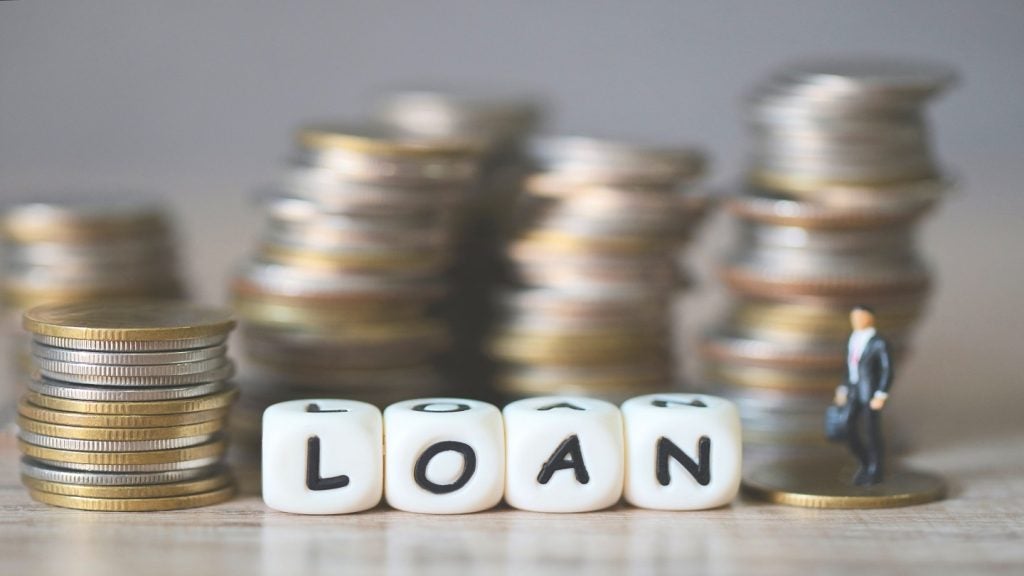After being flooded with
ex-lease material for the past two years, several auction houses
say they now see lower volumes of ex-lease items coming in to
auction.
Instead of buying new
equipment at the end of a lease, auctioneers have experienced that
companies go into secondary agreements and keep their equipment
longer, taking a careful approach to new investments.
Jonnie Keys, general manager
for Euro Auctions, explains that the auction house still sees lease
and rental equipment coming in, but that the volume has been lower
this year than in 2009 and 2010.
“Due to the economic
downturn, the volume of ex-financed vehicles coming through an
auction was at its highest in 2009 and 2010 and Euro Auctions was a
popular point of sale for many lessees or lessors,” he
says.
“Now in 2011 any lessee that
was in trouble, or was about to default, or wanted to exit
equipment has done so.”
Keys gives four reasons for
this trend in the plant equipments sector: lack of demand,
manufacturing doldrums making companies holding on to equipment
longer, reluctance to take on debt and that many rental companies
are currently enjoying a 12-month period at the end of a lease
without servicing a debt.
How well do you really know your competitors?
Access the most comprehensive Company Profiles on the market, powered by GlobalData. Save hours of research. Gain competitive edge.

Thank you!
Your download email will arrive shortly
Not ready to buy yet? Download a free sample
We are confident about the unique quality of our Company Profiles. However, we want you to make the most beneficial decision for your business, so we offer a free sample that you can download by submitting the below form
By GlobalDataJohn Tallon, Tallon &
Associates, has also seen less stock coming back.
“When the economy is strong,
customers tend to turn the equipment around quickly,” Tallon
says.
Instead, he now sees many
companies going into secondary agreements and continue to rent
rather than to sign another lease.
“In that way, people get a
bit of breathing space before they go into longer agreements,”
Tallon adds.
Andrew Walker at The Fleet
Auction Group agrees.
Walker says: “People want to
get as much as they can out of their equipment.
“There’s no money out there,
and no certainty, so people are very careful.”
But he expects change in
about 12 to 18 months
“The equipment will
eventually wear off and there will come a point when it’s no longer
economical to keep it,” he says.
“Then, the lifecycle will go
back to normal.”
Tallon also estimates a
change in about a year to 18 months.
“This can’t go on forever,”
he says.
He predicts more people to
return to signing longer contracts and a bigger turnaround of
equipment.
“People are going to realise
that decisions have to be made,” Tallon adds.
Keys, though, says it is
difficult to predict future volumes of ex-lease
equipment.
“The construction, contracting and hire sectors are
nervous about taking on further debt, and as a result it is too
early to speculate as to what the volumes may be in the future,” he
says.






